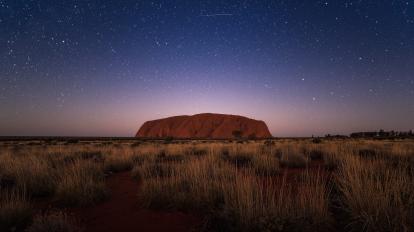This headline was certainly attention grabbing. “No, we haven’t misspelled ‘backpacker’, but rather are shining a light on a whole new type of traveler,” explained Travel Weekly Australia last week when it ran the “Flashpacker” headline, “and they’re not schlepping around with giant packs and minimal spending money.”
The “flashpacker” is a new trend identified by Australia’s Tourism and Transport Forum (TTF), a CEO group that serves and represents the country’s tourism, transport and aviation sectors. TTF says that the “flashpacker” is the newest tourist that travel sellers and destinations ought to keep an eye out for.
Basically, they’re described as being the usual backpacking age—18 to 24 year old—but they have a high disposable income, and few major household expenses (“no mortgages or flashy cars”).
TTF’s chief executive, Margy Osmond, said these people are keen on spending their hard-earned cash on big holidays, and exploring the world in a way their parents never could.
“The days of young people travelling with little more than the shirts on their back are well and truly over,” said Osmond, explaining that “flashpackers” are “opting to take more extensive and adventurous holidays and to increasingly look to gain life experiences such as exploring different cultures, learning languages and gaining work experience through travel.”
New TTF research, she said, has shown that young people plan to spend more on their summer holiday than any other age bracket.
In partnership with Nielsen, TTF conducted research which shows that nearly one-quarter (21 per cent) of Aussies aged 18 to 24 plan to spend between $2000 and $5000 on their summer vacation, while 11 per cent intend to spend more than $5000.
This compares to just eight per cent of people aged 45—64 and 13 per cent of people aged 65 and over who plan to spend between $2000 and $5000. Most Australians (79 per cent) plan on spending less than $2000 on their holiday break, with four per cent planning on getting away with spending nothing.
























